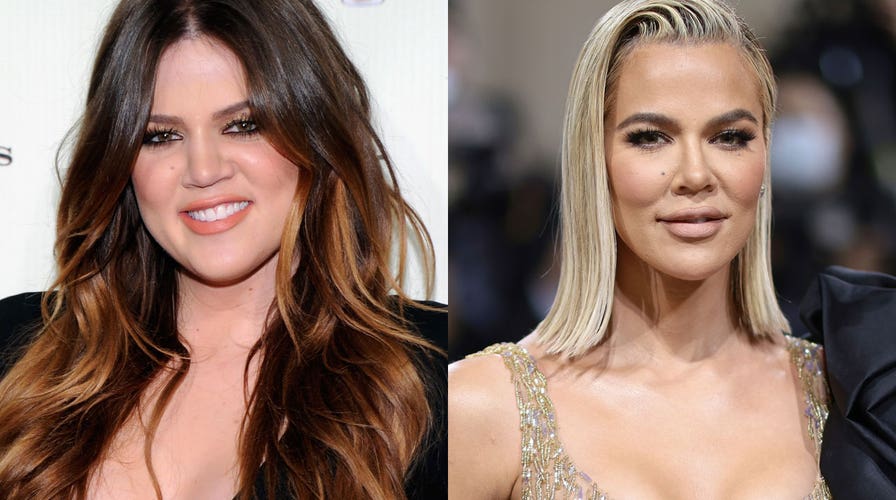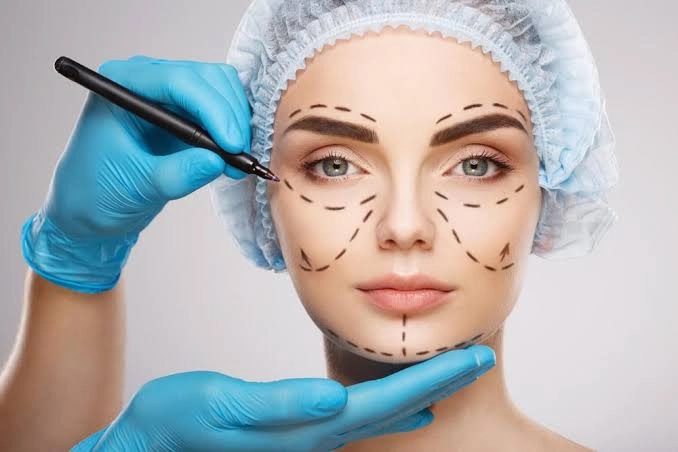Checking Out the Mental and Social Elements That Drive People to Think About Aesthetic Surgical Treatment as a Method of Renovation
The choice to seek cosmetic surgical procedure usually prolongs beyond plain aesthetic appeals, intertwining with social and emotional characteristics that merit thorough examination. Factors such as self-esteem, pervasive societal charm requirements, and the pervasive influence of social media merge to shape individual inspirations for surgical enhancement.
The Role of Self-Esteem
Self-worth dramatically influences a person's choice to go after plastic surgery. People with reduced self-confidence frequently view themselves in an adverse light, bring about feelings of inadequacy concerning their physical look. This adverse self-perception can drive them to look for surgical treatments as an approach of improving their self-image. The wish for renovation in one's appearance is frequently connected to an idea that such adjustments will certainly raise their total self-worth and self-confidence.

Ultimately, the role of self-confidence in the decision-making procedure regarding plastic surgery highlights the complicated interplay in between body image, personal fulfillment, and mental wellness. Comprehending this relationship is vital for medical care specialists to make certain that people are making notified decisions rooted in sensible expectations and psychological wellness.
Social Appeal Criteria
Influenced by prevalent media representations and cultural stories, societal beauty requirements play a critical role fit individuals' understandings of their very own bodies. These criteria are typically defined by an idealized kind of beauty that emphasizes traits such as youthful vigor, slimness, and proportion. As these suitables are continued via numerous networks, including film, television, and advertising, individuals frequently internalize these messages, bring about discontentment with their all-natural appearance.
The implications of these societal standards expand past aesthetic choices; they can affect self-esteem, psychological health, and social partnerships. People that regard themselves as dropping short of these requirements may experience sensations of inadequacy, motivating a wish for cosmetic surgery as a method of achieving social approval. This pursuit is typically fueled by the belief that complying with these perfects will boost not only physical look however also social standing and individual fulfillment.

Impact of Social Media
The effect of social charm criteria is additional magnified by the surge of social media sites platforms, where curated images and idealized depictions of beauty are common. Individuals are continuously subjected to filteringed system and modified pictures, which typically illustrate unattainable physical features. This exposure grows a culture of comparison, leading people to evaluate their very own appearance against these commonly unrealistic standards.
Social media influencers and celebrities often promote aesthetic treatments, stabilizing the notion that surgical enhancements are a practical methods for accomplishing societal ideals (plastic surgery rancho cucamonga). The visibility of these improvements can create an assumption that undergoing cosmetic surgery is a conventional method, thus affecting individuals to take into consideration similar interventions as a path to improved self-worth and social approval
Furthermore, the interactive nature of social networks permits for immediate comments with sort and remarks, further strengthening the need to conform to popular elegance standards. Such interactions can aggravate feelings of insufficiency and drive individuals towards plastic surgery as a way of gaining recognition. Eventually, social networks plays a critical duty in forming understandings of beauty, which substantially impacts the decision-making procedures bordering cosmetic surgical procedure.

Cultural Viewpoints on Look
Across different cultures, perceptions of look are deeply rooted in historic, social, and financial contexts, shaping individuals' views on beauty and desirability. In several cultures, look functions as a read more substantial pen of identification, affecting social condition, specialist opportunities, and individual connections. For example, in some societies, light skin is often related to riches and benefit, while others may idealize darker complexion as symbols of strength and credibility.
Furthermore, standard beauty standards are usually bolstered with social stories, media representations, and household influences, resulting in differing perfects throughout various areas (plastic surgery rancho cucamonga). In Western cultures, the focus on young people and physical health and fitness frequently drives individuals toward cosmetic improvement, while in certain Eastern societies, even more subtle changes aligned with conventional looks may be chosen
Globalization and the spreading of electronic media have actually additionally complicated these dynamics, developing a hybridization of appeal ideals that transcends geographical limits. As individuals progressively browse these cultural narratives, the pressure to satisfy particular look requirements can result in the need for plastic surgery, showing a complicated interaction of cultural values and individual aspirations. Comprehending these cultural point of views is necessary in addressing the inspirations behind cosmetic surgical treatment considerations.
Mental Impacts of Plastic Surgery
Many individuals seeking cosmetic surgery report experiencing extensive emotional effects that can dramatically modify their self-perception and psychological well-being - plastic surgery rancho cucamonga. The desire for physical enhancement often stems from underlying concerns such as reduced self-confidence, body dysmorphic condition, or social stress relating to beauty criteria. For some, the instant post-operative stage can result in a short-term increase in positive self-image and contentment with their appearance, cultivating a feeling of empowerment
Nonetheless, these favorable feelings might not be sustaining. Study indicates that while some clients experience improved self-confidence, others may encounter elevated anxiousness or anxiety if their assumptions are not satisfied. This disparity can emerge from impractical ideals bolstered by media depiction and social stories surrounding elegance.
Additionally, the psychological ramifications of cosmetic surgical treatment expand past the person. Visit Your URL Relationships with friends and family may be stressed as social characteristics change, leading to feelings of isolation or alienation. Eventually, the emotional effects of plastic surgery are diverse and complicated, requiring mindful factor to consider by both prospective individuals and go to website medical care service providers to make sure enlightened decision-making and practical assumptions.
Final Thought
Finally, the decision to go after cosmetic surgical procedure is significantly influenced by a mix of self-esteem issues, societal beauty requirements, and cultural point of views on appearance. The prevalent reach of social media sites additionally worsens these pressures, advertising impractical perfects that individuals often make every effort to acquire. Comprehending these social and mental aspects is vital for addressing the inspirations behind plastic surgery, highlighting the requirement for a more nuanced discussion surrounding beauty and self-acceptance in modern society.
The choice to go after cosmetic surgery usually prolongs beyond mere looks, linking with psychological and social dynamics that merit comprehensive assessment. Eventually, social media plays a critical role in forming understandings of elegance, which substantially affects the decision-making procedures bordering cosmetic surgical procedure.
As individuals increasingly browse these social stories, the stress to adapt to specific look standards can lead to the need for cosmetic surgery, reflecting an intricate interplay of individual desires and social values.In conclusion, the decision to go after cosmetic surgical procedure is considerably influenced by a combination of self-esteem concerns, social elegance criteria, and social viewpoints on appearance. Comprehending these mental and social variables is vital for attending to the inspirations behind cosmetic surgical treatment, highlighting the need for a much more nuanced discussion surrounding charm and self-acceptance in modern culture.